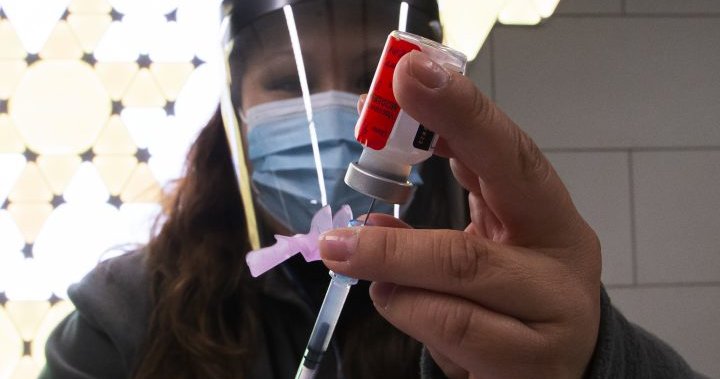The World Health Organization claims that COVID-19 is still a public health emergency of global concern notwithstanding a drop in cases and fatalities worldwide.
The WHO emergency committee has considered whether the designation should be cancelled for the first time since the proclamation in January 2020.
The WHO said on Wednesday that it came to the conclusion that there are still too many fatalities, the virus is still spreading, and there are still too many questions about how the 300 Omicron strain subvariants that are currently circulating globally might alter the situation.
“While the global situation has obviously improved since the pandemic began, the virus continues to change, and there remain many risks and uncertainties,” WHO director-general Tedros Adhanom Ghebreyesus told reporters during a briefing in Geneva.
“This epidemic has caught us off guard before, and it very likely might do so again.
Dr.
The decision to keep COVID-19 as a global health emergency was made unanimously, according to Didier Houssin, chair of the WHO emergency committee.
He added that there is still too much ambiguity and risk around the pathogenic effects and immune evasion of emerging variants of concern, and that the weekly mortality toll is still too high.
According to WHO data, there were 9,000 COVID-19 deaths reported globally in the first week of October, a 10% decrease from the previous week.
There is also fear that terminating this emergency designation might aggravate inequalities that exist in many low-income countries regarding access to vaccines and therapeutics such as Paxlovid, and that it could demobilize global efforts to prepare for future pandemics, Houssin said.
Before lifting this designation in the future, preliminary actions may be needed, including a winter test in nations in the northern hemisphere as well as analysis and prevention of potential drawbacks, including potential legal ramifications regarding access to vaccines and antivirals, Houssin added.
WHO emphasised on Wednesday that it is becoming more difficult to track how COVID-19 is changing and affecting populations around the world as a result of a large decline in surveillance, including testing and genomic sequencing of novel variations in the majority of countries.
The committee has made a number of short-term recommendations to the states that make up its membership, including the need for improved surveillance systems to identify and evaluate new variants, make significant changes to the epidemiology of COVID-19, monitor the presence and development of SARS-COV-2 in animal populations, and ensure fair access to vaccines and treatments.
In order to ensure that individual-level protective measures used to stop the spread of the virus are “appropriately tailored to the changing epidemiological context, including changing risks associated with future variants of concern,” the committee is advising that countries continue to make adjustments to them.
The WHO committee stated in its recommendations that this entails adapting public health measures to any anticipated changes in the behaviour of the virus, “particularly as appropriate for mass gathering occasions.
The committee further advised that countries “not require proof of immunisation against COVID-19 as a requirement for international travel” and that member states keep amending any existing regulations pertaining to foreign travel.
According to WHO, COVID-19 is still a worldwide health emergency.

